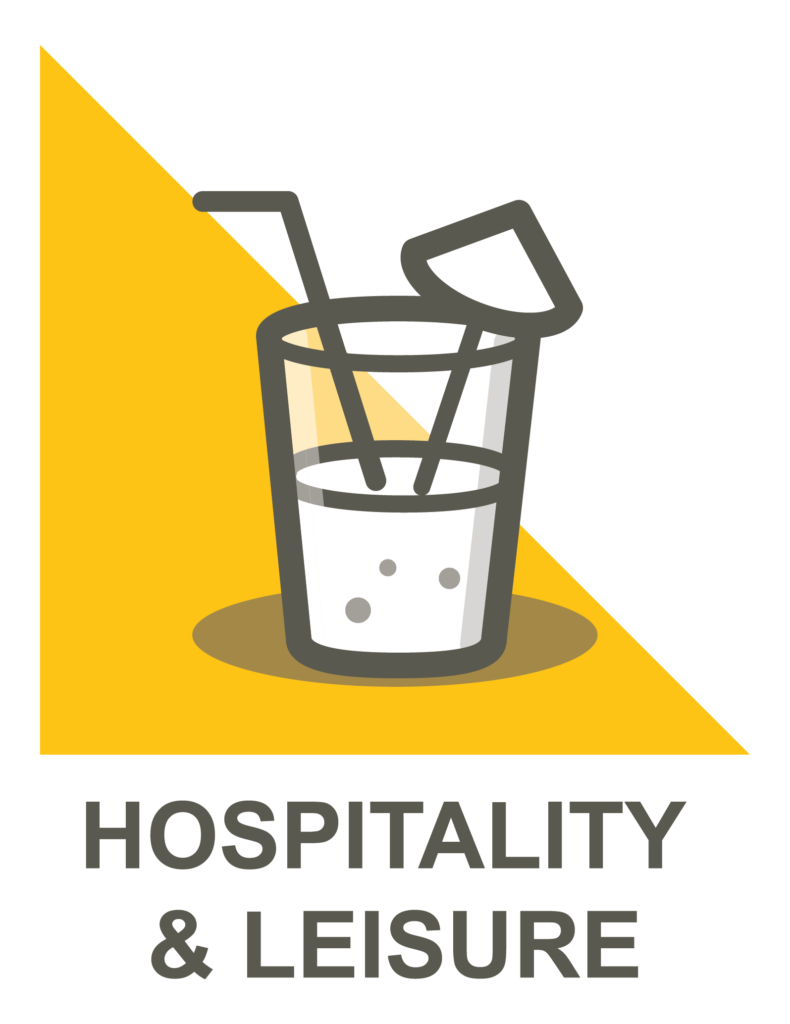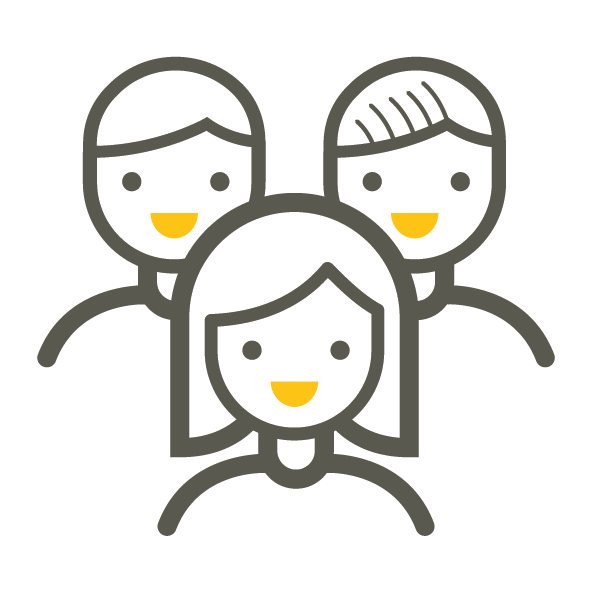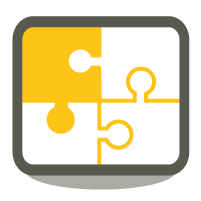Hospitality & Leisure Outlook
According to Barclays’s 2023 Hospitality and Leisure Outlook, in 2022, many businesses in the hospitality and leisure sector reported upward of 100% growth vs 2019. However, with reduced labour supply, the decline of cash (and subsequent increase in bank fees), a slow recovery from the supply chain crisis, and inflation, that growth has been slowing. Businesses are having to pay more to acquire talent. And as the cost of wage bills and energy bills increases, profit is declining.
Addressing Staffing Challenges
In today’s competitive business landscape, hospitality and leisure businesses face the ongoing challenge of managing staffing costs while ensuring staff retention. The industry has witnessed significant advancements in technology, particularly in the realm of real-time data, which can play a pivotal role in optimizing operations, reducing expenses, and creating a positive work environment.
In this blog piece, we will explore how leveraging real-time data can help track staffing levels, identify peak periods, and schedule shifts accurately. Additionally, we will delve into the strategies adopted by leading businesses to enhance staff retention by investing in new tools, prioritizing employee feedback, and reshaping their technological approaches. Using technology to transform how a business operates is what we call Digital Transformation.
Tracking Staffing Levels and Identifying Peak Periods:
Real-time data analytics has become a game-changer for the hospitality and leisure industry. With systems in place such as Deputy, businesses can track staffing levels with precision, ensuring optimal coverage during peak and off-peak periods. By leveraging historical data, business owners can identify patterns, trends, and customer behaviour to make informed decisions regarding staffing requirements. This proactive approach enables establishments to allocate resources effectively, reducing the risk of overstaffing during quiet times and understaffing during busy periods. By optimizing staff levels, businesses can curtail unnecessary expenses and enhance operational efficiency.
Accurate Shift Scheduling:
Traditional manual shift scheduling can be challenging and often results in errors, dissatisfaction among staff, and increased turnover rates. Real-time data solutions such as OpenTable (for restaurants) and Fresha (for beauty/wellness) provide business owners with accurate insights into customer footfall, reservations, and event schedules. This enables them to schedule shifts more efficiently. By aligning staff schedules with demand, businesses can streamline their workforce, reduce overtime costs, and improve staff satisfaction, leading to a better work-life balance and enhanced job satisfaction.
Diversify Recruitment Sources:
Many businesses are looking beyond traditional sources and networks to acquire talent. Reach out to diverse communities and new opportunities, both geographically and in the way you find potential hires, (the methods and media used to advertise). Visit careers fairs in new places. Partner with diverse organisations and colleges in your local area, consider how to use apprenticeships to offer opportunities to under-represented groups. Target underrepresented groups such as the older generation, those with disabilities and women returning to the workplace after having children. You will find that being recognised as an inclusive place of employment is both appealing to potential new employees and harnesses a positive culture amongst your existing workforce.
Embracing the Multi-Function Approach:
To address staffing challenges, a growing number of hospitality businesses are training their employees to cover multiple functions/departments. This approach allows businesses to maximize productivity while keeping staffing costs in check. By cross-training staff, businesses can adapt quickly to fluctuating demands, ensuring that all roles are adequately covered. Moreover, employees who possess a broader skill set experience increased job satisfaction, as they are given opportunities for growth and development within the organization.
Prioritizing Employee Feedback and Wellbeing:
97% of H&L businesses track employee feedback and wellbeing via surveys and one-to-one meetings (Deputy’s ‘State of Hospitality Operations 2023’ report). However, with the aforementioned issues, there’s still work to be done. By fostering a culture of open communication, businesses can address concerns promptly, boost staff morale, and improve retention rates. Investing in employee wellbeing initiatives, such as health insurance, perks & rewards (such as Perkbox), and wellness programs (such as an EAP), further contributes to a positive work environment and reduces staff turnover.
Investing in New Tools and Platforms:
With 50% of H&L businesses prioritizing investments in new tools and platforms (Deputy’s ‘State of Hospitality Operations 2023’ report), technology clearly plays a crucial role in transforming the industry. Integrating robust management systems and platforms can streamline operations, automate tasks, and enhance overall efficiency. Looking ahead, 82% of businesses plan to change how they use technology in 2023. The integration of artificial intelligence (AI) and machine learning (ML) technologies holds immense potential for the hospitality industry, especially in areas such as forecasting demand.
Identifying your Digital Transformation ‘Foundation’ Project:
We have outlined several different technologies that are helping the hospitality industry to improve staff efficiency and increase retention, but it’s not always obvious where to start with Digital Transformation. That’s where Menzies can help. When we work with clients to implement new systems, we describe the initial project as the ‘foundation’. This is where we implement the most efficient and scalable processes and systems, so that as the business grows and develops, the changes and additions that are required are smaller and causes less interruptions to ‘business as usual’. Menzies has a tried and tested Digital Transformation process that supports and includes you and your team on your transformation journey. Here is how that looks:
Contact us today to arrange a complementary Digital Transformation Discovery Call:
If you have resonated with any of the points discussed in this blog post, then now may be an opportune time to discuss the goals of your business and how we can help you reach them by utilising technology and reviewing internal processes. We offer a complimentary discovery call, to help you to assess your current situation from which we can sketch out a potential digital transformation roadmap. You can contact us to find out more here:









